Enhancing Home Security: The Ultimate Guide to Choosing the Right Door Hardware
In today's world, ensuring the safety and security of our homes is more important than ever, and one of the most critical components of home security is the door hardware we choose. The doors that protect our living spaces serve as the first line of defense against intruders, making it essential to select robust and reliable door hardware that not only complements the aesthetic of our homes but also fortifies their security.
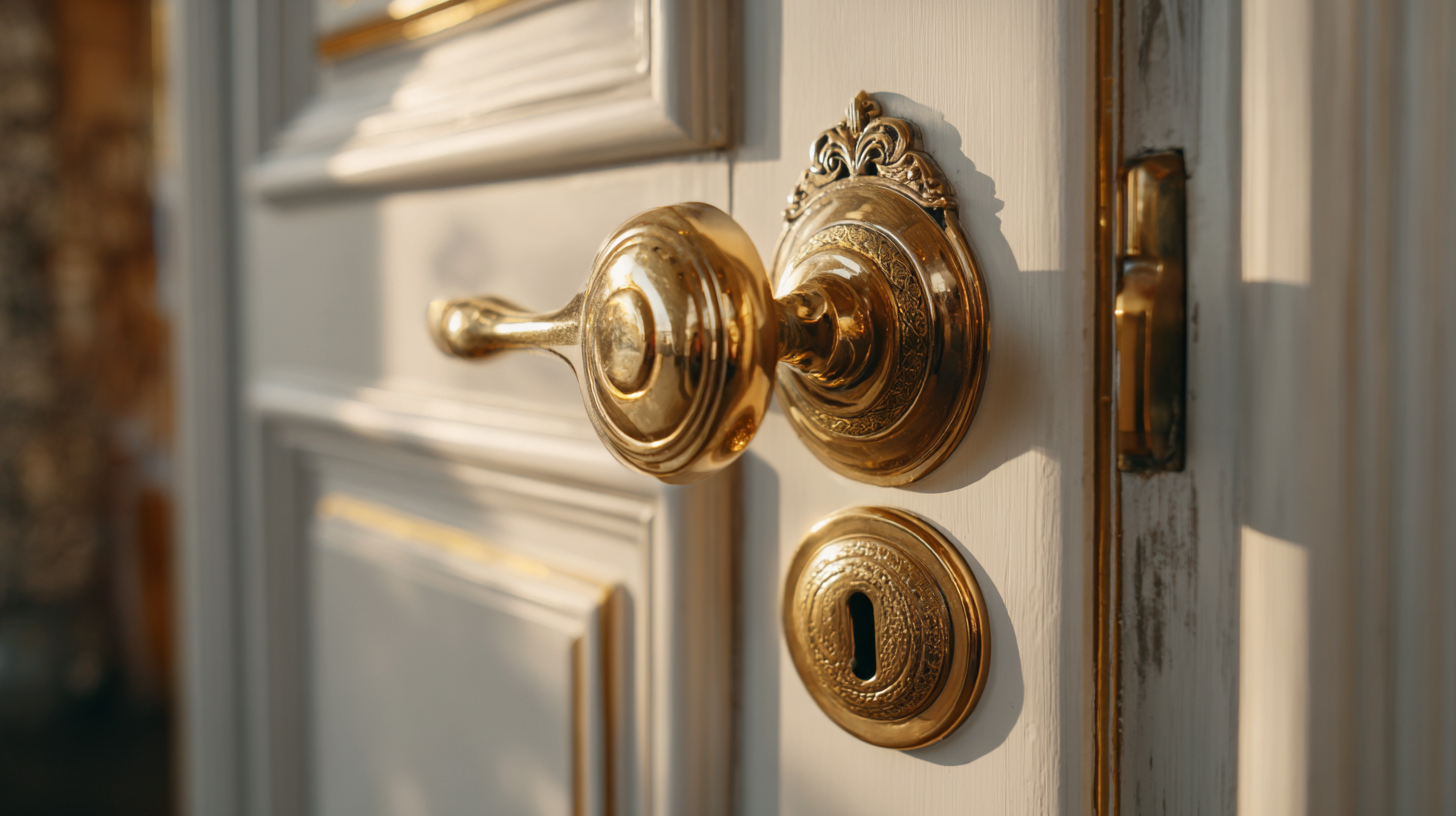
This guide aims to explore the various types of door hardware available on the market, from deadbolts and doorknobs to smart locks and security systems, providing insight into their features, strengths, and weaknesses. By understanding the nuances of door hardware and how it impacts overall home security, homeowners can make informed decisions that enhance their protection and peace of mind. Join us as we delve into the ultimate guide for choosing the right door hardware to safeguard your sanctuary.
Understanding the Importance of Door Hardware in Home Security Management
When considering home security, the significance of door hardware cannot be overstated. The front door is often the primary entry point for intruders, and the quality of the hardware used can either bolster protection or create vulnerabilities. High-quality deadbolts, reinforced strike plates, and impact-resistant door locks enhance the security of your home by making unauthorized access significantly more difficult. Investing in these components ensures that your door not only withstands attempted breaches but also offers peace of mind.
Understanding the various types of door hardware available is crucial for effective home security management. For example, smart locks offer advanced features such as remote access and monitoring, while traditional locks provide reliability and simplicity. Additionally, the installation of security bars or grilles can serve as a deterrent against forced entry. By carefully selecting and properly installing the right door hardware, homeowners can create a layered defense strategy that effectively safeguards their residence against potential threats.
Enhancing Home Security: A Comparison of Popular Door Hardware Types
Evaluating Different Types of Door Locks: What Homeowners Need to Know
When it comes to enhancing home security, choosing the right door locks is crucial for homeowners aiming to deter burglars. A solid understanding of various types of door locks can significantly increase your home's safety. Keyless entry systems, deadbolts, and smart locks are among the popular choices. Deadbolts provide an additional layer of security, making it difficult for intruders to gain access, while smart locks offer the convenience of managing entry from your smartphone, allowing you to monitor who enters and exits your home.
In addition to selecting high-quality locks, homeowners should consider their overall door hardware. The quality of the door itself, along with hinges and strike plates, plays a vital role in the effectiveness of the locking system. Reinforcing doors and utilizing window locks can further minimize vulnerabilities. An effective home security strategy encompasses not just the locks but also the entire entry point, ensuring that every potential weak spot is fortified against intrusion.
The Role of Smart Locks in Enhancing Security and Convenience
Smart locks have emerged as a significant advancement in home security and convenience, evolving from traditional locking mechanisms to sophisticated devices that offer enhanced features. The rapid influx of smart lock brands into the market has sparked a competitive "battle of the locks." By mid-2018, over 3,500 brands had entered the Chinese smart lock market, highlighting the growing demand for innovative security solutions. These devices not only provide an added layer of protection but also integrate advanced technology, such as remote access, keyless entry, and monitoring capabilities, making them an attractive choice for homeowners.
The role of smart locks extends beyond mere security; they embody the shift towards convenience in daily life. With the ability to lock and unlock doors via smartphones or through biometric scans, they eliminate the need for traditional keys, reducing the risk of losing access to one’s home. Furthermore, smart locks can easily grant temporary access to guests, allowing for seamless entry without the inconvenience of physical keys. As families increasingly prioritize safety and convenience, smart locks are becoming essential components of modern home security systems.
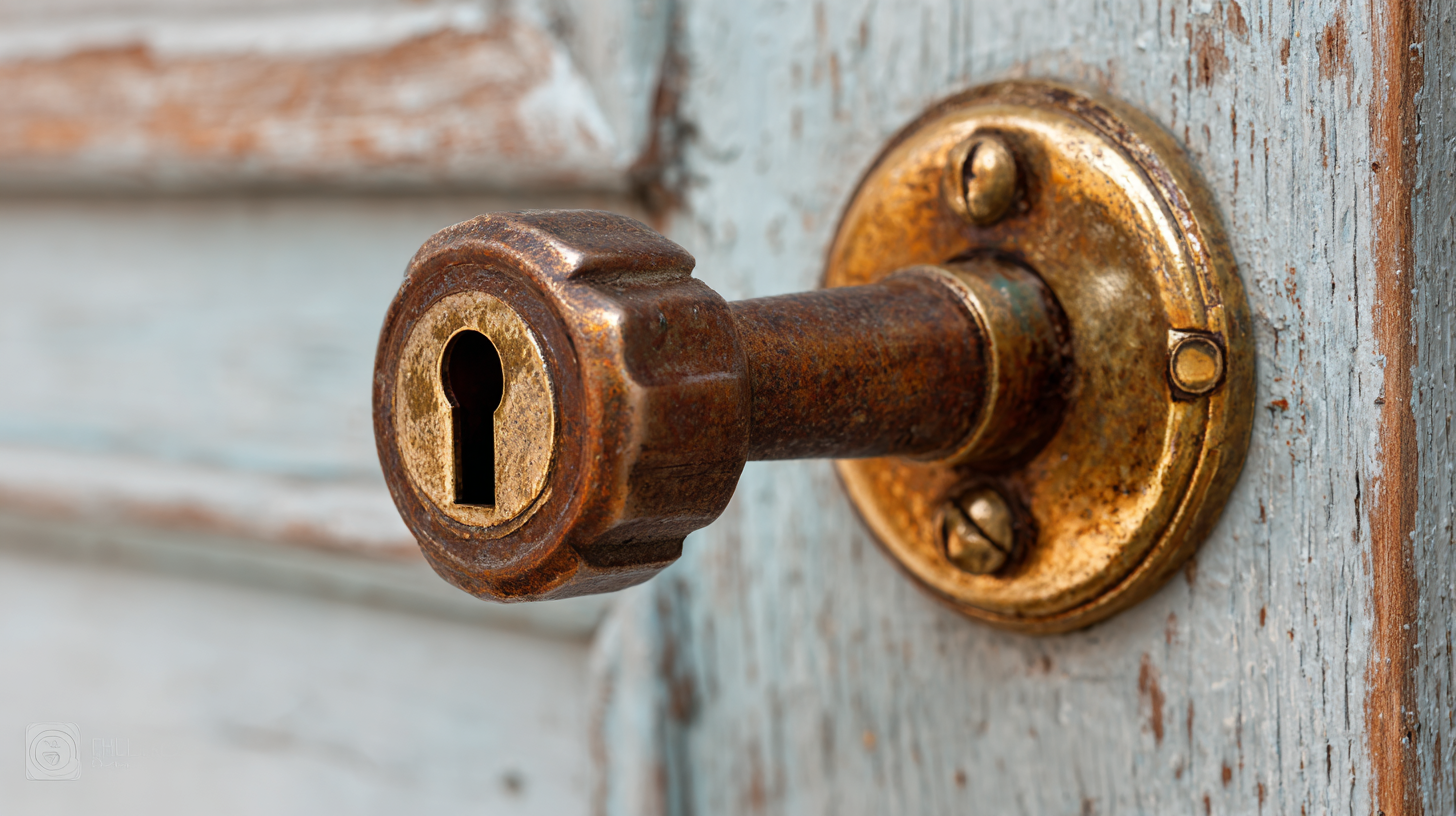
Key Features to Consider When Selecting Door Knobs and Handles
When selecting door knobs and handles for home security, several key features are essential to ensure safety and functionality. First, consider the material and build quality; robust materials like stainless steel or reinforced plastic are more resistant to wear and tampering. Additionally, look for door hardware with a sturdy locking mechanism, as this can significantly enhance security. A deadbolt lock is often recommended, as it provides an extra layer of protection against break-ins.
Another crucial aspect is the design of the door hardware. While aesthetics play a role, it's important to choose options that are not only stylish but also ergonomic and easy to operate, especially in emergency situations. Features such as keyless entry systems or smart locks can also provide added convenience and security, allowing homeowners to control access remotely. Keep in mind that the selection should align with the overall design of your home, striking a balance between safety and visual appeal.
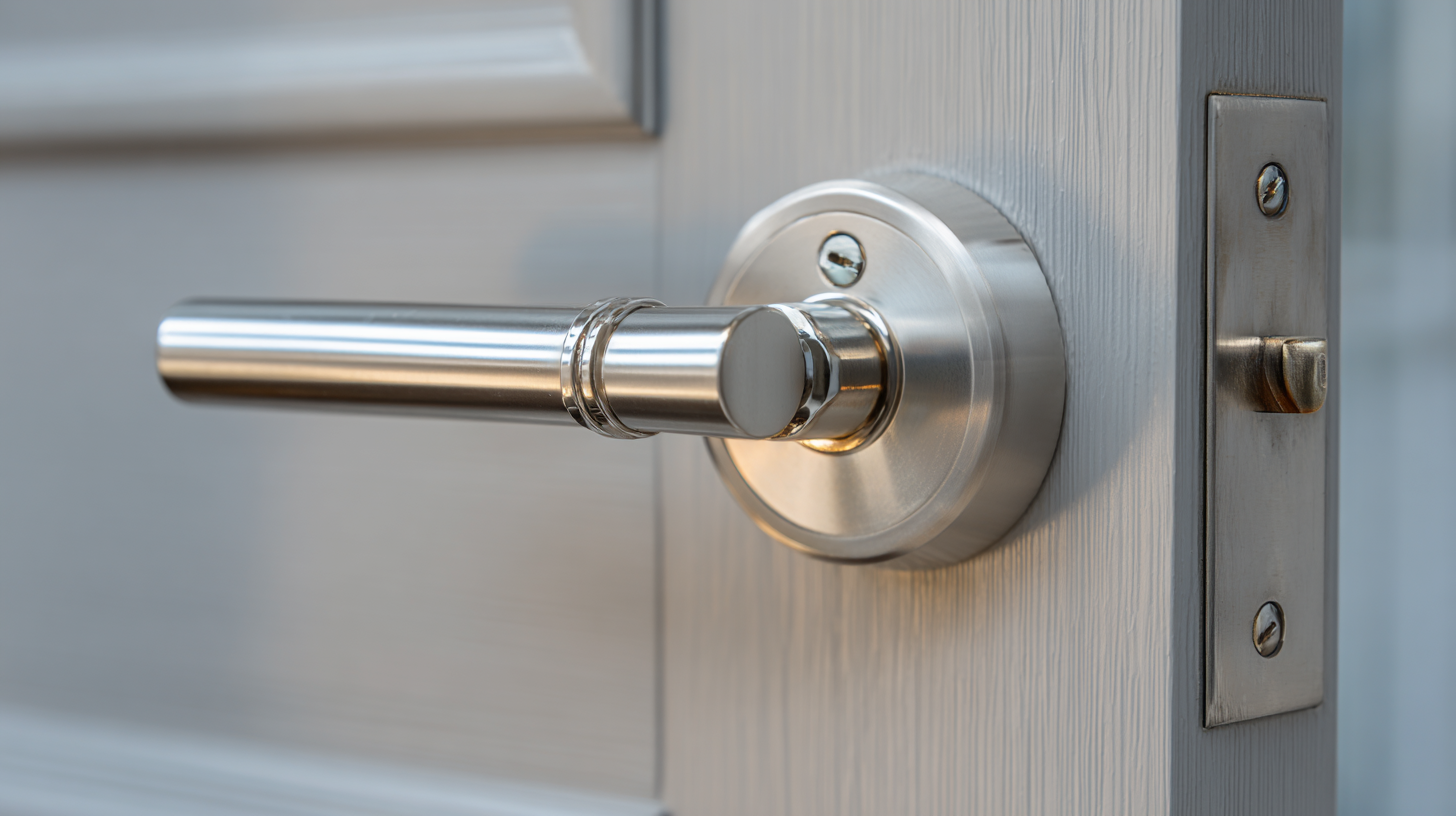
Industry Statistics on Burglary Prevention Through Quality Door Hardware
When considering home security, the importance of quality door hardware cannot be overstated. According to the FBI's Uniform Crime Reporting Program, a significant number of burglaries—approximately 67%—involve forcible entry through weak or poorly secured doors. This alarming statistic underscores the critical role that robust door hardware plays in crime prevention. Investing in premium locks and reinforced door frames can dramatically reduce vulnerability, with reports indicating that homes equipped with high-security locks face up to 85% fewer break-ins.
Moreover, a study from the Association of Certified Fraud Examiners highlights that homes featuring deadbolts are 15 times less likely to be burglarized compared to those without. This statistic suggests that the advantage of incorporating quality door hardware extends beyond mere deterrence; it actively creates a defensive barrier against intruders. By opting for ANSI Grade 1 or Grade 2 locks, homeowners can significantly enhance their protective measures, making it more challenging for potential burglars to gain access, ultimately leading to a more secure living environment.
Enhancing Home Security: The Ultimate Guide to Choosing the Right Door Hardware - Industry Statistics on Burglary Prevention Through Quality Door Hardware
| Door Hardware Type | Effectiveness (%) | Installation Cost ($) | Average Lifespan (Years) |
|---|---|---|---|
| Deadbolt Locks | 95% | 150 | 10 |
| Smart Locks | 90% | 250 | 5 |
| Padlocks | 85% | 30 | 7 |
| Keyless Entry Systems | 88% | 200 | 6 |
| Chain Locks | 70% | 25 | 5 |
Related Posts
-
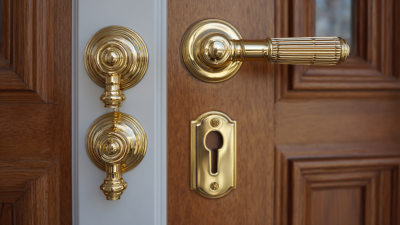
How to Choose Entry Door Hardware That Enhances Security and Style
-
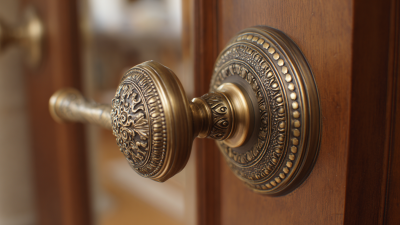
How to Choose the Best Entry Door Hardware for Your Home
-
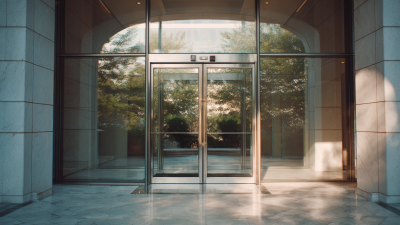
7 Best Benefits of Installing Tempered Glass Doors in Your Home
-
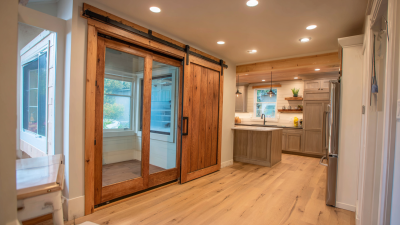
What is the Innovation Behind Sliding Door Systems
-

Unlocking Safety and Style with Glass Handrail Systems Benefits
-

5 Best Door Pulls to Elevate Your Home Aesthetic
